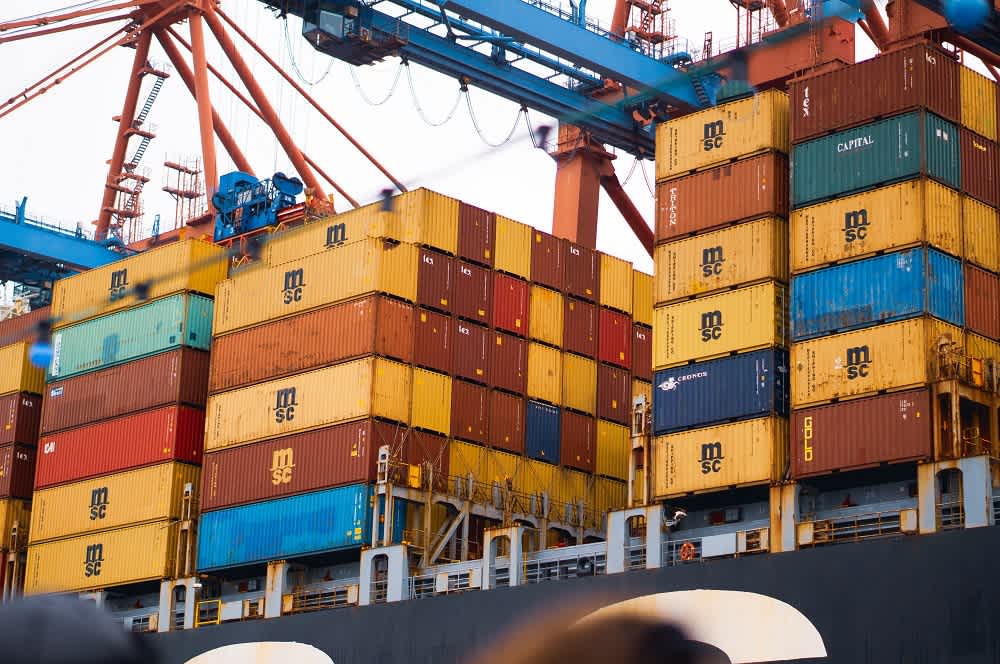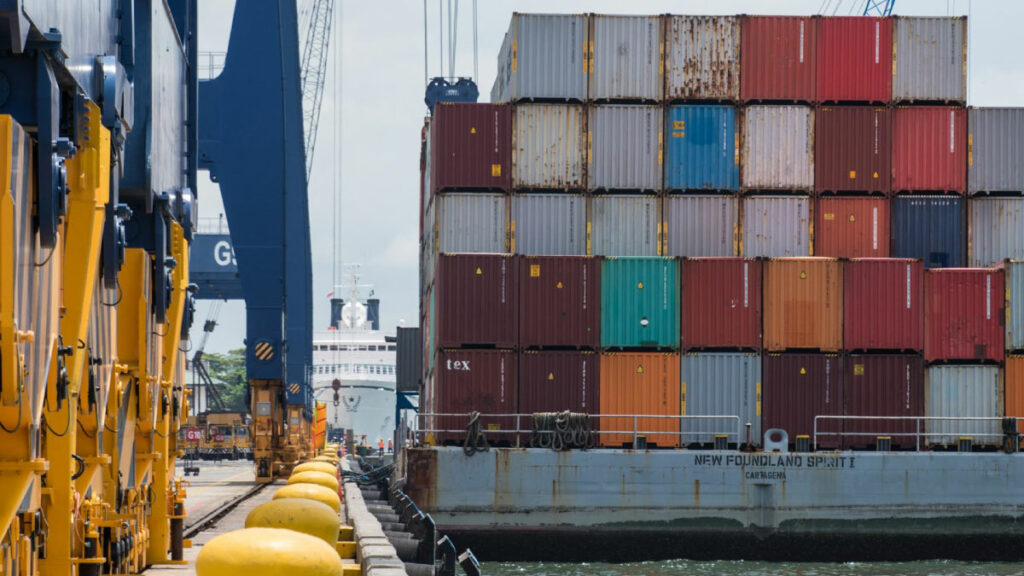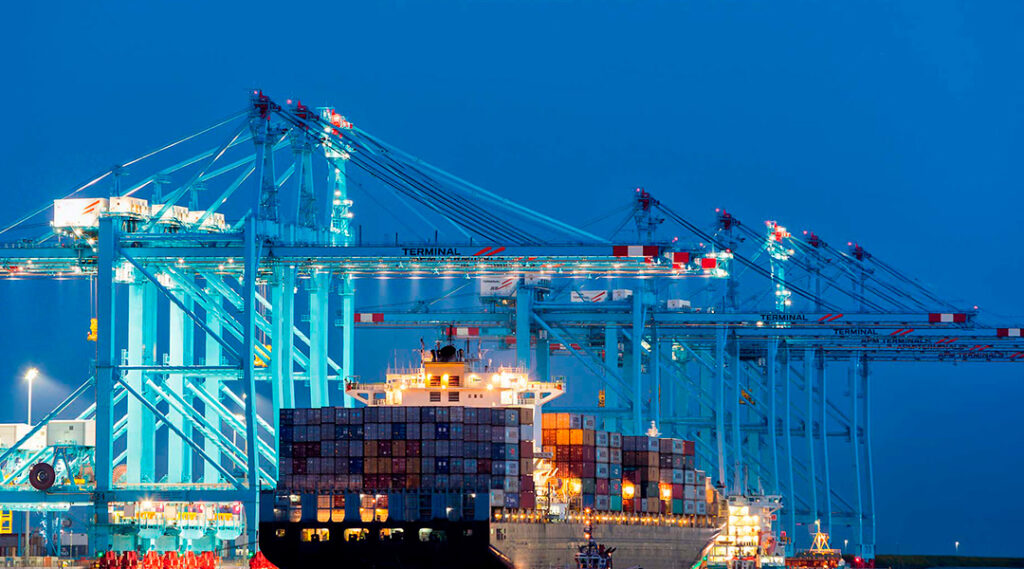Port charges can usually be categorized into three main types, namely, “ship’s dues”, “cargo dues” and “service charges”.
Port charges
Shipping charges are port charges levied on ships, including ship tonnage tax, ship port charges, pilotage charges, tugboat charges, mooring charges and lighthouse charges, etc., which are generally based on the tonnage of the ship.
Port charges
Tonnage Dues
Tonnage Dues for ships, like VAT and consumption tax in the importing process, belongs to the tax levied on behalf of the Customs. It is levied by the customs of the sovereign state when a ship enters a port on international voyage.
If you want to know more contents about VAT,please visit:
Harbour Dues on ship
This is the fee that should be paid to the port authority according to the regulations for the use of the water area, channel and berthing place of the port during the period of the ship’s entering and leaving the port and berthing in the port.
Towage, Tug Hire
Towage, Tug Hire is a fee charged to a vessel for the use of a tugboat to assist the vessel in entering or leaving the harbor, or moving or turning the vessel within the harbor.
Pilotage, Remooring Dues
When international ships enter or leave the port, they are generally forced to pilotage, for which the ship must pay the pilotage fee according to the provisions of the port pilotage.
Mooring and Unmoorimg Charges
Mooring and Unmoorimg Charges refers to the labor remuneration of mooring and unmoorimg workers for mooring or unmoorimg the ship when the ship berths or moves away from wharf, floats or berths, which is generally charged according to the tonnage or length of the ship, and in terms of number of times, with surcharges at night, on Sundays and on holidays.
Port charges
Berthage
Berthage, also known as Dock Dues, refers to the charges levied on ships berthed at berths, floats and anchorages in port terminals, usually based on the ship’s tonnage, length and berthing time.
Light Dues
This is a tax levied by the ports of some countries, and the collection method is the same as that of ship tonnage tax, which is also based on the net tonnage of the ship. There are three kinds of calculation cycles: “per time”, “30 days” and “12 months”. However, some countries have special regulations for ports.
1. Cargo charges are levied on the goods of the port to make the fee, mainly cargo port charges, loading and unloading fees, handling, stowage, flat fee, handling fees, etc., generally according to the weight of the goods, size, number of pieces of billing.
(1) Harbour Dues on Goods
Harbour Dues on Goods refers to the charges levied by port authorities on imported and exported goods through the port, which are charged according to the tonnage of imported or exported goods respectively.
(2) Stevedore Charges, Stevedorage
Stevedore Charges are charges levied by ports (or stevedoring companies) for providing manpower and equipment to ships for cargo loading and unloading operations.
(3) Tallying charge
Tallying charge refers to the cost of organizing and checking the goods by the port’s tallying organization when the ship or cargo owner receives and delivers the goods at the port of shipment and port of discharge according to the contract of carriage.
Port charges
2. Usage service charge
Tallying charge is a collective term for the fees paid by the port for equipment or services provided by the port upon application by the ship or the cargo party.
Selling on Amazon and finding a reliable Amazon shipping agent is a big step towards success.
XIongda specialize in China to USA freight.We can provide sea freight to USA and air freight forwarding service.



